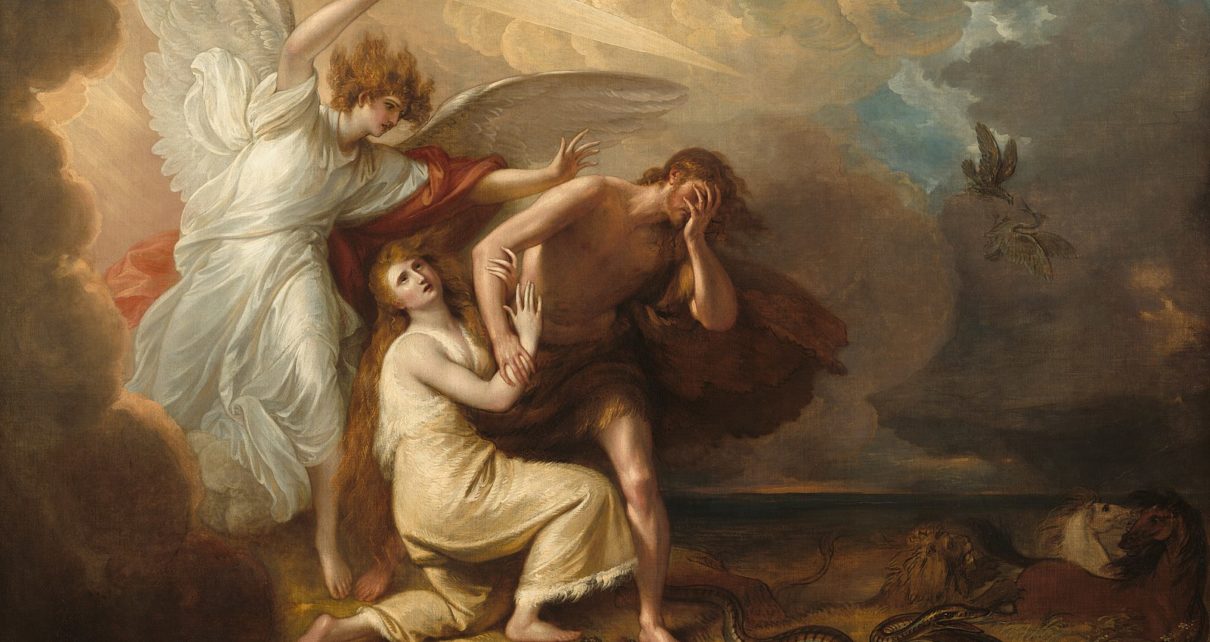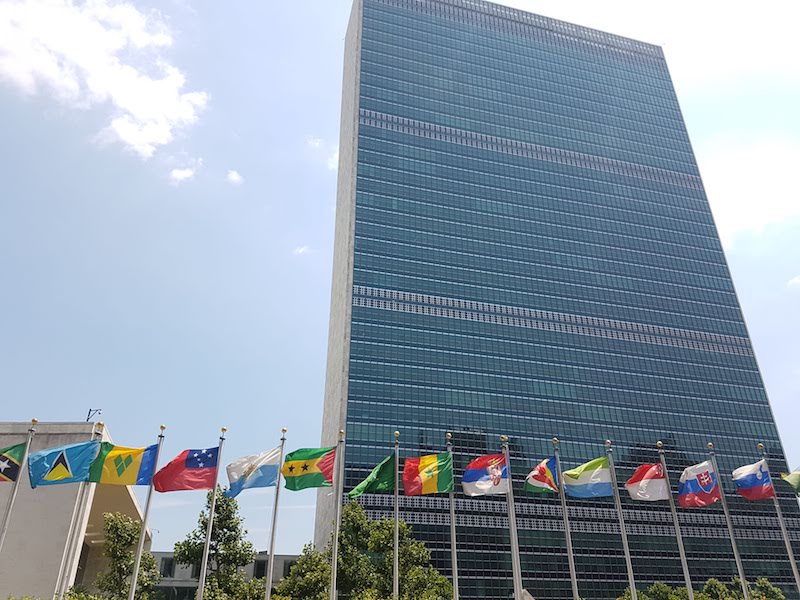Within recent years, the term ‘cancel culture’ has exploded in popular media, social media, and everyday life. In 2019, Barack Obama expressed a dislike of ‘cancel culture,’ stating: “This idea of purity and you’re never compromised and you’re always politically ‘woke’ and all that stuff […] You should get over that quickly.” In 2020, Donald Trump expressed an even deeper disapproval of ‘cancel culture,’ calling it “the very definition of totalitarianism.” But what exactly is ‘cancel culture,’ and who does it allegedly target?
According to Merriam Webster, “cancel culture” is defined as “the practice or tendency of engaging in mass canceling as a way of expressing disapproval and exerting social pressure.” While the term “cancel” has been used colloquially towards people since the 1980s, its contemporary usage originates from Black Twitter users in 2015, wherein the term “cancel” was used to express disapproval of specific individuals, often in a comedic or informal context. Since then, the term has quickly gained traction off Twitter and into other realms of life, transforming into a new ‘culture’ of callouts, boycotting, and ostracization of public figures and everyday people alike. In May 2021, the Pew Research Centre—a US-based non-partisan think tank—published the results of a 2020 survey it conducted with over 10,000 Americans to gain a deeper understanding of how the US understands and feels about ‘cancel culture.’
There are a few notable takeaways from the study. For instance, despite its notoriety and sensationalism in the media, the study found that only 44% of Americans have heard a fair amount about the term ‘cancel culture,’ and familiarity with the term diminished even further depending on one’s age, political affiliation, education level, and gender. Americans aged 30 and younger have the most familiarity with the term (64%) and this percentage drops by nearly half for those aged 50 and older (36%). Moreover, while moderate Democrats and Republicans are equally familiar with the term (46% vs. 44%), respondents who identify on the progressive or far-right wings of the political spectrum are both more likely than their moderate counterparts to have heard “a great deal” about ‘cancel culture.’
When it comes to understanding and defining ‘cancel culture,’ the study found that Americans are not only divided with regards to how they feel about ‘cancel culture,’ they are also divided in their knowledge of the phenomenon’s very existence. While 49% of those familiar with the term defined ‘cancel culture’ as “actions people take to hold others accountable,” 51% cited numerous other definitions, ranging from “censorship of free speech” to “a way to call out sexism, racism, etc.” The most noticeable partisan influence in understanding ‘cancel culture’ is illustrated in respondents’ thoughts about whether ‘cancel culture’ is a form of accountability or punishment. When presented with this question, the overall majority (58%) stated that it is more likely to hold people accountable for their actions than unjustly punish. However, only 39% of Republicans came to this conclusion compared to 75% of Democrats. Among those who stated that ‘cancel culture’ is a form of accountability for those who have made offensive remarks, the most common explanation (17%) for that belief is that a ‘cancellation’ is a “teaching [and/or] learning moment.” On the other hand, 18% of those who believe that ‘cancel culture’ is likely to unjustly punish someone explained that this was because people fail to “consider the context in which the statement was made.” As the Pew Centre’s results show, Americans are clearly polarized on the subject of ‘cancel culture,’ including on what the term even means. In seeking to strike a balance, how are we to understand ‘cancel culture’ and the way the phenomenon has been shaped by such polarized public opinions?
Most people agree that certain applications and incidents of ‘cancel culture’ have done undeniable good for society at large, such as the ongoing #MeToo movement. Additionally, ‘cancel culture’ has drawn attention to what are known as ‘microaggressions’ as well as the lack of diversity in many industries such as film, TV, and the news. Through the emergence of social media and its ability to quicky spread and share information, groups that have historically been denied the ability to confront their abusers, expose injustice, and illuminate wrongdoing now have the ability to do so. As such, ‘cancel culture’s’ inversion of the balance of power created by will continue to have positive and long-lasting effects on historically and contemporarily marginalized groups.
On the other hand, ‘cancel culture’ has also appeared to help create a more polarized climate, one in which nearly 40% of Americans say it is more likely to punish people who do not deserve it. Indeed, ‘cancel culture’ often results in swift social ostracism both online and in-person, resulting in profound economic and professional repercussions, in addition to leaving little room for individuals to be fully reaccepted into society. In cases of mistaken identity or false allegations, the fallout of a ‘cancellation’ can permanently ruin one’s reputation and career, even if they are innocent of any wrongdoing. At its most extreme, some argue that ‘cancel culture’ represents a new form of ‘groupthink,’ a psychological phenomenon wherein a small group of individuals make ‘bad’ decisions, believing that the group is unable to be wrong, neglect to consider alternative information, and maintain unwavering confidence in the morality of its choices.
The Pew Centre study’s divided results reflect more than just American’s views on ‘cancel culture’; they reflect the increasingly polarized nature of society at large. As social norms, language, and taboos continue to change throughout time, some will embrace these changes, while others will react in fear or anger. As such, these changes need to be addressed with nuance, sensitivity and, above all, respect towards one another— something that is difficult to accomplish in a 280-character tweet. Considering social media’s ability to quickly spread information as well as the ever-increasing political and moral polarization around the globe, is ‘cancel culture’ truly a form of social justice or is it simply a proponent of groupthink? How can society enforce accountability while also giving individuals the chance to learn from their mistakes? Is it fair for individuals to assume whether somebody has the ability to change or not? These questions may be society’s next great challenges to solve. Until then, however, it is clear that ‘cancel culture’ will remain a powerful driver of change both online and offline, whether it be for better or for worse.
Disclaimer: Any views or opinions expressed in articles are solely those of the authors and do not necessarily represent the views of the NATO Association of Canada.
Photo: The Expulsion of Adam and Eve from Paradise by Benjamin West (1791), via Wikimedia Commons Public Domain.




